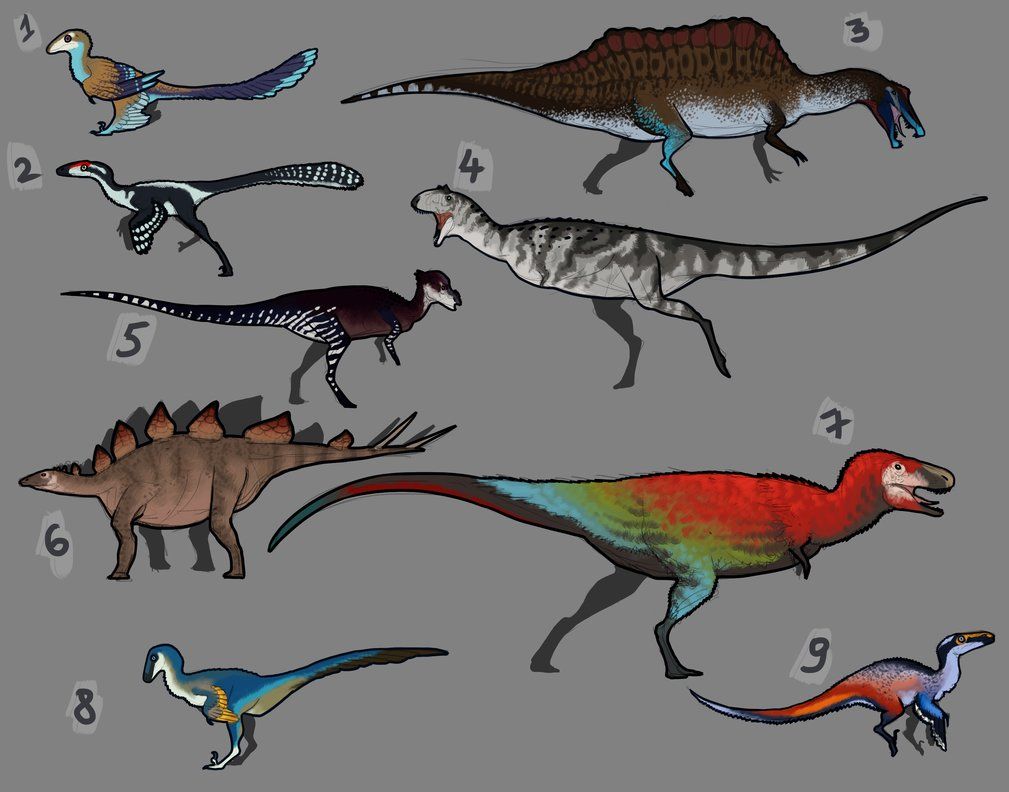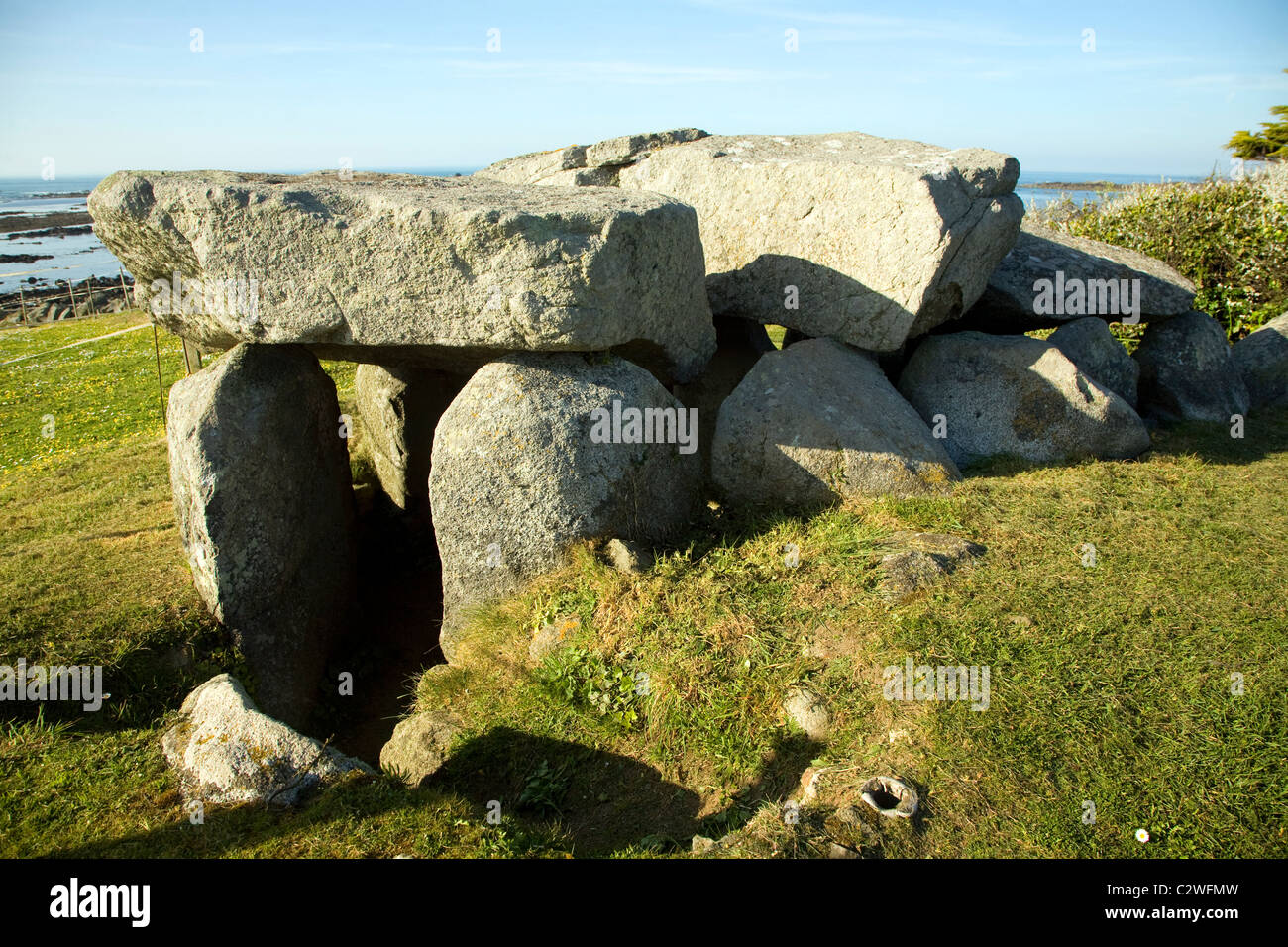

We also see that some of the Anti-Marleyan volunteers were came from Marley-occupied nations that appears to be based on Russia (Yelena) and an African nation (Onyankopon). Hizuru is based on Japan, and the Middle-East Union appears to be based on the Ottoman Empire. * With this in mind, and taking into the consideration that Marley intentionally kept the Paradis Eldian population in captivity from the outside world with the Titans effectively being their "guards," you could even draw comparisons to the Walls being a massive concentration camp.

Marley is Nazi Germany, with its captive Eldian population dressing (and treated) like European Jews of the same era. Once the world outside the Walls is introduced, things go further with the introduced groups all resembling early 20th century cultures. The Shogun/Oriental clan that Mikasa is descended from appears to be based on Japan.

Basing a new society on one that's already had a turn at some point in human history can both help the audience relate and provide a creative framework to twist and turn said society into an interesting variant of its former self. It's also more easily justified in works containing humans: the Real Life counterparts of the fictional cultures have all actually come into existence and are the results of real groups of people coming together to build something over time.

Guy Gavriel Kay's The Lions of Al-Rassan is a thinly disguised historical novel, but changing the names of the countries and religions means the readers don't know how the story will end, helping to maintain dramatic tension. Making the Shire an idealized England transplanted to Middle-earth makes it easier for readers to identify with the point of view characters, since they probably have much more in common with Bilbo than with Thorin. There are also sound literary reasons for using this trope.


 0 kommentar(er)
0 kommentar(er)
